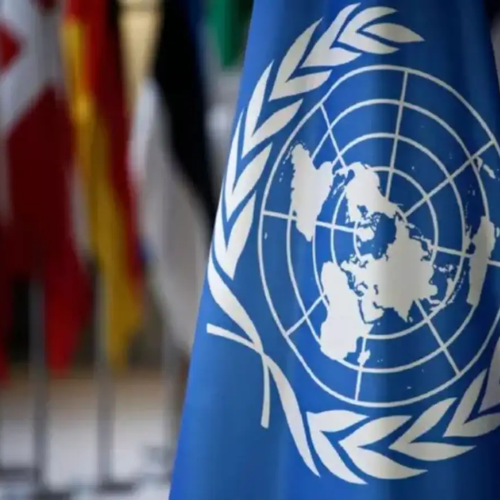Indian officials recently shared important information with a special team from the United Nations Security Council (UNSC). This team, known as the 1267 Sanctions Committee, keeps an eye on terrorist groups and works to stop their harmful activities around the world. The briefing focused on a terror group called The Resistance Front, or TRF, which is linked to Lashkar-e-Taiba, a known Pakistan-based terrorist organization.
TRF shocked many by claiming responsibility for a deadly attack in Pahalgam on April 22. In this attack, 26 innocent people lost their lives. This tragic event caused serious concern in India and around the world. The Indian officials explained to the UN team how TRF is connected to Lashkar-e-Taiba and operates as a front to carry out attacks in Jammu and Kashmir, a region troubled by ongoing violence.
The Indian Team’s Visit and Discussions at the UN
To strengthen global action against TRF, India sent a technical team to New York to meet with the UN’s monitoring experts. These experts belong to the 1267 Sanctions Committee and its monitoring team, which have the important job of tracking terrorist groups and making sure sanctions are followed. Sanctions are like rules or punishments that stop terrorists from getting money, weapons, or moving freely between countries.
During the visit, the Indian team also met with officials from the UN Office of Counter-Terrorism and the Counter-Terrorism Committee Executive Directorate. These organizations work together to fight terrorism by sharing information and helping countries stop terrorist actions before they happen.
Silent Sanctions Failure? Russia’s Banderol Missile Assembled with 23 Foreign Components
India has been regularly updating the UN about the activities of TRF and its connection to Pakistan-based terror groups like Lashkar-e-Taiba and Jaish-e-Mohammad. India first informed the monitoring team in December 2023 about these groups using TRF as a cover to operate in Jammu and Kashmir. Since then, India has sent detailed reports every six months.
What the UN Committee Does and Why This Matters
The 1267 Sanctions Committee plays a critical role in fighting terrorism worldwide. Its main job is to freeze the money and assets of terrorists, making sure they cannot use these resources to plan or carry out attacks. The committee also works to stop terrorists from entering or traveling through countries and prevents the supply of weapons to them.
The monitoring team assists the committee by gathering information and supporting countries to follow these rules. They also cooperate with groups that work against terrorist financing, such as the Financial Action Task Force. This partnership helps track down illegal money and makes it harder for terrorists to raise funds.
Germany Warns Russia: ‘No Ceasefire, No Mercy’—EU Set to Unleash 17th Round of Sanctions
By briefing the UNSC team, Indian officials are helping to strengthen global efforts to identify and punish TRF as a terrorist group. This can lead to tougher international actions, including freezing their bank accounts and stopping their movements across borders.


